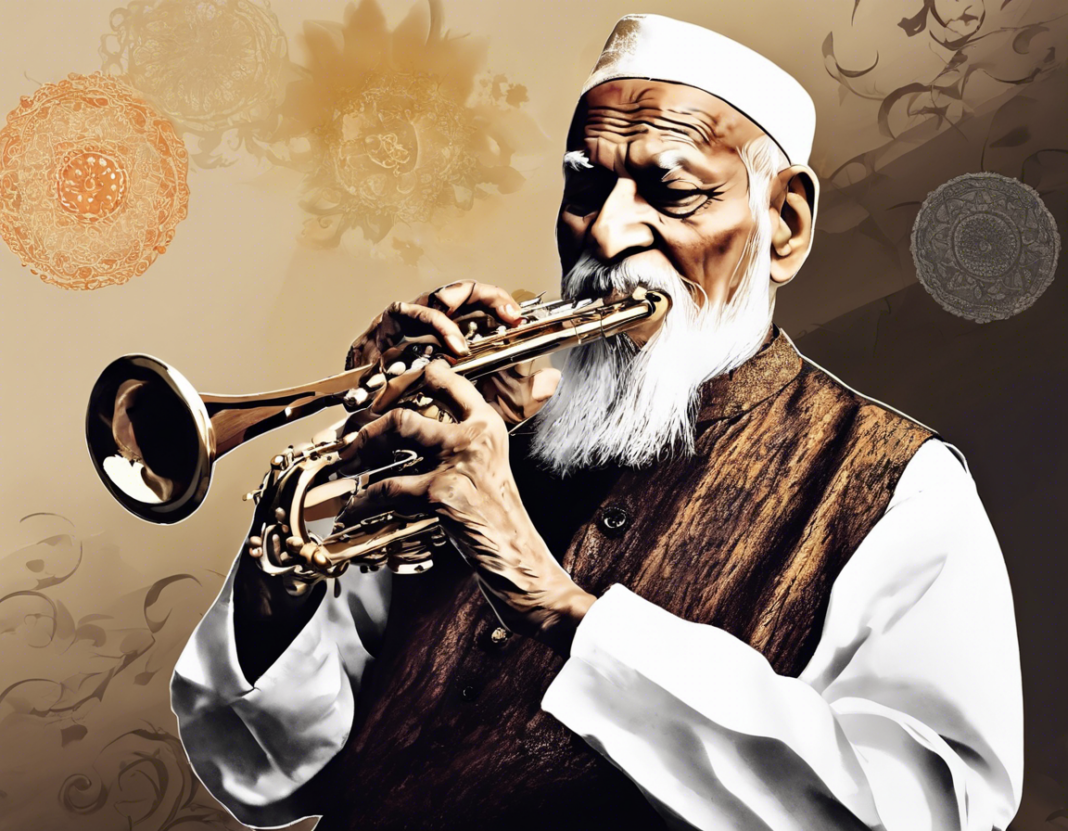Bismillah Khan, the legendary shehnai maestro from India, had a deep connection with his art and his homeland. Despite achieving worldwide fame and recognition, he chose to remain in India and declined the proposal to start a shehnai school in the USA for several reasons.
One of the primary reasons for Bismillah Khan’s reluctance to establish a shehnai school in the USA was his strong attachment to his cultural roots and tradition. The shehnai has a long-standing history in Indian classical music and is deeply intertwined with the country’s cultural fabric. Khan believed that the essence of playing the shehnai could only be truly understood and imbibed within the cultural milieu of India.
Furthermore, Khan was a staunch advocate for the preservation and promotion of Indian classical music. He felt that by taking the art form to foreign shores, there was a risk of diluting its authenticity and purity. Khan was dedicated to nurturing talent within India and believed that by staying in the country, he could inspire future generations of musicians to carry forward the rich heritage of Indian classical music.
Another aspect that influenced Khan’s decision was his simple way of life and his contentment with the modesty that he lived in. Despite being a maestro of his art, Khan led a humble life in Varanasi, where he was born and raised. The prospect of moving to the USA and setting up a school in a completely different environment may have been overwhelming for him, and he preferred to stay rooted in familiar surroundings.
Additionally, logistical challenges and visa issues may have also played a part in Khan’s decision. Moving to a new country, especially for someone who had spent a lifetime in one place, would have posed several practical difficulties. Khan might have felt more comfortable continuing his musical journey in the place where he had established himself and where he was revered by audiences.
In conclusion, Bismillah Khan’s decision to decline the opportunity to start a shehnai school in the USA was deeply rooted in his love for his homeland, his commitment to preserving the authenticity of Indian classical music, his preference for a simple way of life, and the practical challenges associated with such a move. His legacy continues to inspire musicians around the world, and his contributions to Indian classical music remain unmatched.

